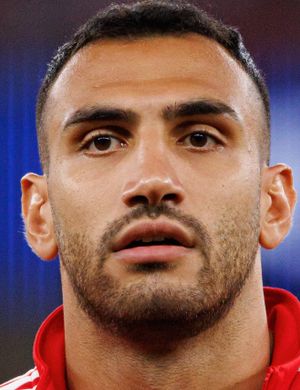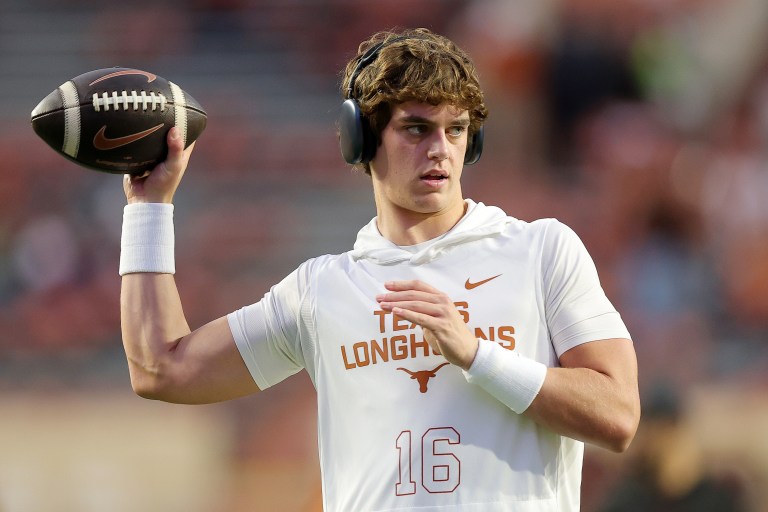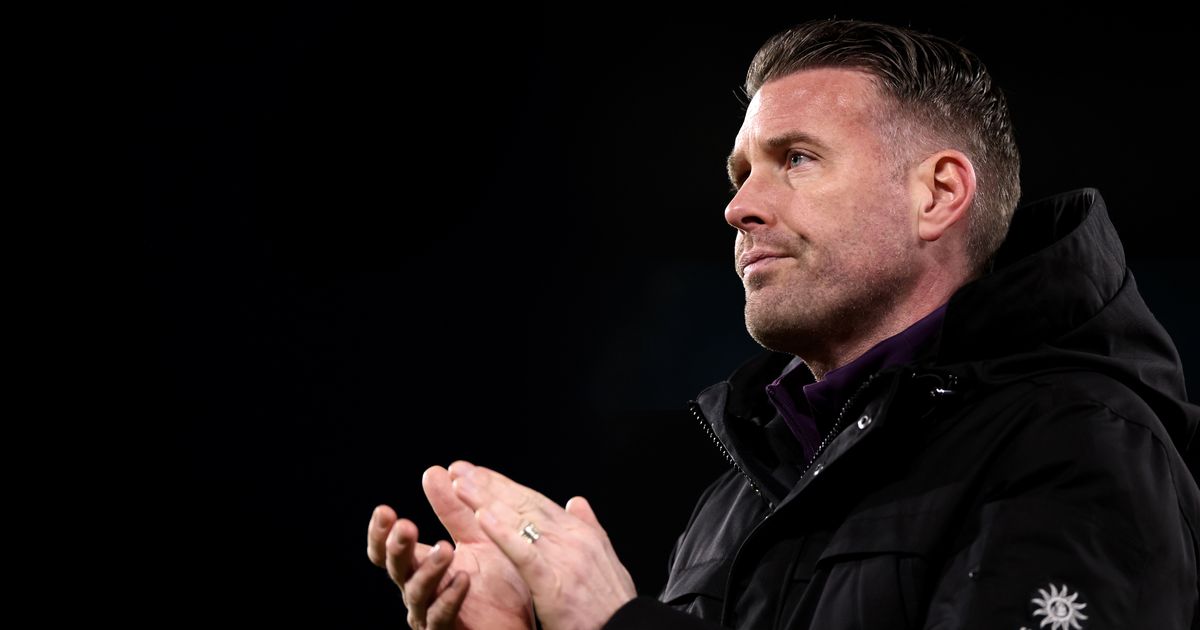In a shocking development that has rattled the world of college basketball, Ansley Almonor, a standout forward for the Fairleigh Dickinson University Knights, has been suspended indefinitely after reportedly placing a bet against his own team. The scandal, which has drawn national headlines and stirred passionate debates about ethics, responsibility, and the influence of gambling in sports, marks one of the most troubling incidents involving a college athlete in recent memory.
This is not just a story about a talented player making a grave mistake. It’s a window into the increasingly complicated relationship between college athletics and the burgeoning sports betting industry, a relationship that has blurred lines, exposed vulnerabilities, and tested the integrity of amateur competition.
A Promising Star Takes a Dark Turn
Ansley Almonor, a 6-foot-7 junior forward, had quickly established himself as a rising star in the Northeast Conference (NEC). Known for his versatility, athleticism, and leadership on the court, Almonor played a pivotal role in Fairleigh Dickinson’s historic NCAA tournament run in 2023, where the Knights stunned the basketball world by upsetting top-seeded Purdue in the first round. That victory instantly elevated Almonor’s profile and made him a fan favorite.
Throughout the 2023–2024 season, Almonor continued to improve his game. He averaged double digits in scoring and was considered a strong candidate for All-Conference honors. Many speculated that he had a shot at turning pro, whether through the NBA’s G-League, overseas opportunities, or even a potential late second-round NBA Draft selection.
But that bright future is now clouded by a decision that has left fans, teammates, and coaches stunned.
The Allegations Unfold
News broke late Thursday night that the NCAA had launched an internal investigation into Almonor’s betting activity after receiving a tip from an unnamed source. According to early reports, Almonor placed a wager — through a mobile betting app registered in his name — on a game in which Fairleigh Dickinson was a slight underdog. Even more shocking was the nature of the bet: Almonor allegedly wagered money on his own team to lose.
The specific game in question is believed to be a conference matchup played earlier in the season, one where Almonor struggled offensively and Fairleigh Dickinson fell short in the final minutes. While officials have not publicly named the exact game, sources close to the situation have identified it as the Knights’ loss to Saint Francis University on February 8, 2025.
According to the investigation, Almonor’s wager was relatively small — reportedly under $1,000 — but the implications are enormous. Betting against one’s own team, even without evidence of match-fixing, is considered a cardinal sin in sports.
NCAA’s Harsh Response
Within hours of confirming the allegations, Fairleigh Dickinson University and the NCAA issued a joint statement:
“The integrity of competition is the cornerstone of college athletics. Any action that compromises that integrity, particularly one involving gambling against one’s own team, is a clear and unforgivable violation of our principles. Effective immediately, Ansley Almonor is suspended from all team activities pending the conclusion of the ongoing investigation.”
The statement offered no timeline for the investigation’s resolution, but insiders believe that the NCAA will move quickly to issue a formal ruling. If the allegations are upheld, Almonor could face a multi-year ban from NCAA athletics, effectively ending his college basketball career.
Fallout on Campus
Fairleigh Dickinson’s athletic department has been plunged into crisis mode. Head Coach Jack Castleberry, who had long praised Almonor’s work ethic and leadership, delivered an emotional press conference on Friday morning.
“I’m heartbroken,” Castleberry said, his voice cracking. “This is a kid I’ve known since he was 17 years old. I’ve watched him grow, compete, and lead this program through its highest moments. Today, we’re dealing with its lowest.”
Teammates of Almonor expressed a mixture of sadness and frustration. One player, speaking anonymously, said, “We’re like a family here. To find out that someone might’ve bet against us? That’s betrayal.”
Classes on campus have reportedly been buzzing with the news, with some students expressing sympathy for Almonor, and others calling for harsh punishment to set an example.
Legal and Ethical Dimensions
While sports betting is legal in many U.S. states, including New Jersey where Fairleigh Dickinson is located, athletes are strictly prohibited from placing wagers on any events involving their own sport — especially their own teams. The NCAA has made this rule abundantly clear in recent years, as the sports betting industry has expanded rapidly across the country.
What makes Almonor’s case particularly troubling is the nature of the bet. Had he merely wagered on another college game — or even a professional one — it would still have been a violation. But betting against his own team? That crosses an ethical line that few can stomach.
Legal experts note that Almonor may not face criminal charges unless evidence emerges that he deliberately underperformed or conspired to influence the outcome of the game. Still, his actions could lead to civil penalties, NCAA sanctions, and the permanent loss of eligibility.
Sports Betting and College Athletics: A Brewing Storm
This scandal highlights the growing tension between legalized sports betting and the amateur nature of college athletics. As universities and conferences increasingly accept sponsorships from betting companies, the accessibility and normalization of gambling for college athletes have never been greater.
Dr. Lisa Morgan, a professor of sports ethics at Rutgers University, says the current system is “built on contradictions.”
“You can’t tell young athletes that sports betting is part of the entertainment experience, and then expect them to draw hard ethical boundaries in private. We’re sending mixed messages,” Morgan said.
The NCAA has tried to ramp up education programs around gambling, but critics argue that more needs to be done — including mental health support, stricter monitoring systems, and perhaps even reconsidering the rules of amateurism altogether.
Redemption or Ruin?
For Ansley Almonor, the path forward is uncertain. Some have speculated that he may seek professional opportunities overseas if the NCAA hands down a lengthy suspension. Others believe he may need time away from the sport altogether to rebuild his reputation and mental health.
Close friends say Almonor is “devastated” by what he’s done and plans to release a personal statement soon.
“He knows he messed up,” said one friend. “He’s not a bad kid. He just made a horrible choice.”
Whether fans are willing to forgive him — or whether the sport will — remains to be seen.
A Cautionary Tale
Ultimately, the story of Ansley Almonor is a cautionary tale about the perils of temptation, the blurred lines of modern sports, and the fragility of trust. For a moment, he was a symbol of what’s possible in college basketball — an underdog hero in a tournament full of dreams.
Now, he’s a symbol of something else entirely: how quickly those dreams can unravel.
As the investigation unfolds, the basketball world will be watching closely — not just for the verdict on Almonor, but for the broader implications on a sport increasingly caught between tradition and change.










Leave a Reply